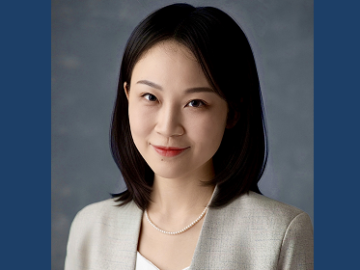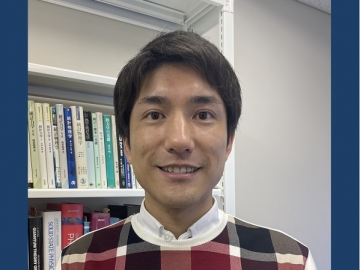「Energy substitution, biased technical change and the economy-wide energy rebound:
A comparison of the US and Japan」(11/20)
講演概要 / Abstract
There are two key challenges to a decoupling of economic growth from energy demand: a long-term decelerating energy bias in technical progress and a significant economy-wide rebound effect.
The latter comprises a feedback mechanism of energy into the economic system (substitution- and output effects) triggered by energy-augmenting technical progress and consequent relative price changes of energy.
We investigate both phenomena by identifying the unobservable long-term supply side characteristics in the US and Japan’s aggregate economy between 1978 and 2019.
Japan constitutes an interesting case study due to its low energy sufficiency and reliance on fossil fuel imports.
We estimate a normalized and energy-extended gross output production function of CES type that incorporates capital and labor as a composite input of primary factor inputs and final energy as an intermediate factor of gross output production. We apply the Klump et al. (2007)“supply-side-system approach” that allows the simultaneous identification of the energy substitution elasticity and factoraugmenting technical progress.
And we use a Box-Cox transformed technology function, capturing time-varying technical progress with an additional curvature parameter.
Our baseline results indicate for both countriesthat energy input and primary factors inputs are strong complements, with technology generally biased toward energy savings. The economy-wide rebound effect is similar in both countries (39.2% for the US and 41.9% for Japan). Both nations exhibit a longterm deceleration in energy-biased technical progress, with Japan’s energy bias growing more slowly and decelerating faster than in the US over the study period.
By incorporating structural breaks in the technology function’s curvature parameter we identify three phases of time-varying energy bias in both countries:
(1) from 1978 to 1990, energy-biased technical progress shows slight acceleration (nearly log-linear); (2) from 1991 to 2002, the energy bias decelerates significantly, especially in Japan; and (3) from 2003 (or 2011 in Japan) to 2019, the energy bias accelerates again.
The sharp deceleration in Japan during the 1990s, along with the slower acceleration of primary-input technical progress, provides a key explanation in our model for Japan’s prolonged low-growth experience.
Finally, we disaggregate final energy consumption in electrical and non-electrical energy carriers and estimate a CES-in-CES structure where the disaggregated energy enters as a composite input of CES type as well. In both of our country cases, electricity and non-electricity inputs are complements in the long-term (with estimates for the interfuel of 0.88 in the US and 0.63 in Japan).
This confirms recent conclusions by Mortha and Arimura (2024) about the slow pace of electrification in Japan.
登壇者 / Speaker
Prof. Dr. Rainer KLUMP(Full Professor of Economics and Chair of Economic Policy, Goethe University Frankfurt, Germany)
略歴 / Bio:
Professor Klump is currently Co-Director of the Wilhelm Merton Centre for European Integration and International Economic Order and the Head of Department EQ. Since 2020 he has also been nominated as one of the Scientific Directors of the Center for Financial Studies (CFS) in the Frankfurt House of Finance.
日時 / Date & Time
2024年11月20日(水)11:00 – 12:00 / Wednesday, November 20, 2024 11:00 a.m.-12:00 p.m.
会場 / Venue
ハイブリッド開催(zoom 配信あり) / Hybrid Style (zoom participation available)
早稲田大学早稲田キャンパス3号館201教室 / Room 201, Building 3, Waseda Campus, Waseda University
開催言語 / Language
英語 / English
対象者 / Prospected Audiences
学部生・大学院生・教職員・研究者・一般 / Students, Faculty members, Research members, General participants
共催 / Co-Organizers
早稲田大学環境経済・経営研究所 Research Institute for Environmental Economics and Management (RIEEM)
早稲田大学高等研究所 Waseda Institute for Advanced Study (WIAS)
現代政治経済研究センター・カーボンプライシング研究部会 Modern Political Economy Research Center: Research Project on Carbon Pricing Project
申込方法 / Registration
事前申請必要。11月14日(木)締切 <こちら>より申し込みください。 /
Prior registration required. Please register from <here> by Thursday, November 14 to participate.










